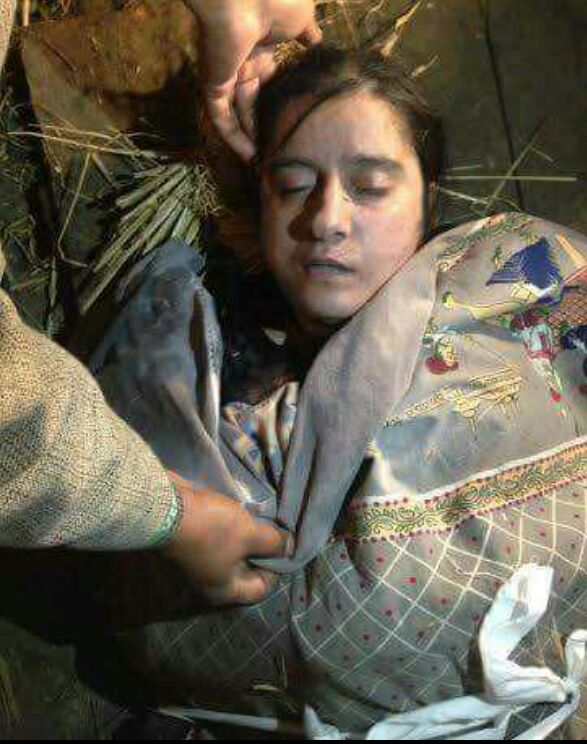Pakistan’s move to withdraw terrorism charges against Hafiz Saeed has drawn widespread criticism from exiled Kashmiri leaders who say that this is nothing more than a reflection of Pakistan’s terror-supporting policies.
A co-founder of the Lashkar-e-Taiba and the Jamaat-ud-Dawah (JuD), Saeed was detained under the Anti-Terrorism Act (ATA) in January this year.
Sajjad Raza, the International Coordinator of Dogra Sadar, who is based in London,said, “Terrorism is Pakistan’s state policy. Basically, Hafiz Saeed is ISI’s man, and in Pakistan, there is no rule of law, Pakistan is rather ruled by the ISI”.
He added that the “civilian governments are always kept under the command of army in Pakistan”.
The mastermind behind the 2008 Mumbai terror attacks, Saeed and the JuD are banned by the United Nations, while the United States has put a 10 million dollar bounty on his arrest.
With the withdrawal of terror charges, Saeed can urge the court to issue an order for his release as he is no longer under incarceration because of the ATA. His release is crucial for Pakistan and its spy agency, the Inter-Services Intelligence (ISI), as they use Saeed to spew venom against India and the United States.
Saeed recently launched the Milli Muslim League (MML), a political party, with an agenda to highlight the Kashmir issue with greater force.
Calling Hafiz Saeed’s arrest a planned strategy by Islamabad, Nasir Aziz, a spokesperson of the United Kashmir People’s National Party, said, “The Pakistani establishment still considers banned organisations and terrorist groups as its assets.
Aziz believes the Taliban and other terrorists can be used against their enemies. On the one hand, Pakistan claims that it is an ally of the United States and NATO in the war on terror, but her claims are contrary to its actions.”
Nasir added, “Pakistan arrested Hafiz Saeed to fool the world community as during his house arrest, he (Hafiz) announced a new political party Milli Muslim League. In-fact it is a Military Muslim League”.
Jamil Maqsood, Central Secretary, Foreign Affairs of the United Kashmir People’s National Party (UKPNP), said, “The ban was never effectively imposed on Hafiz Saeed, it was just to mislead the world community. Dropping terror charges against the LeT chief has shownthe real policy and face of the Pakistani state. They have given out a message to the world that they don’t care about concerns of regional security and development”.
He added, “Pakistan must face an international embargo to refrain from using terror as a foreign policy tool and religion to divide and intimidate people in Pakistan occupied Kashmir (PoK) and Gilgit-Baltistan. It will prove that Pakistan is planning to send terrorists acrossthe LoC to create more chaos and instability in the region”.
Junaid Qureshi, a Kashmiri writer and human rights activist, said, “The dropping of terrorism charges against Hafiz Saeed by Pakistan compels me to conclude that the majority of the attacks by LeT and other terrorist groups are carried out with the connivance, if not complete support, of the security agencies, otherwise responsible for preserving peace within the state”.
He added, “The explanation for this Pakistani ambivalence is their selective counter terrorism efforts and their characteristic focus on contention withIndia. This new development is a direct outcome of the fact that Pakistan still sees terrorist groups and terrorists differently. The Army along with the ISI still distinguishes between ‘bad’ terrorists, those who target Pakistani Security Forces, and ‘good’ terrorists, those who advance its strategic objectives vis-a-vis Afghanistan and India”.
“This decision makes it unambiguously clear that the killer of hundreds of people in Mumbai and the Kashmir Valley is not considered a terrorist in Pakistan, but an asset. It makes it clear to the world how Pakistan treats Global Terrorists.






